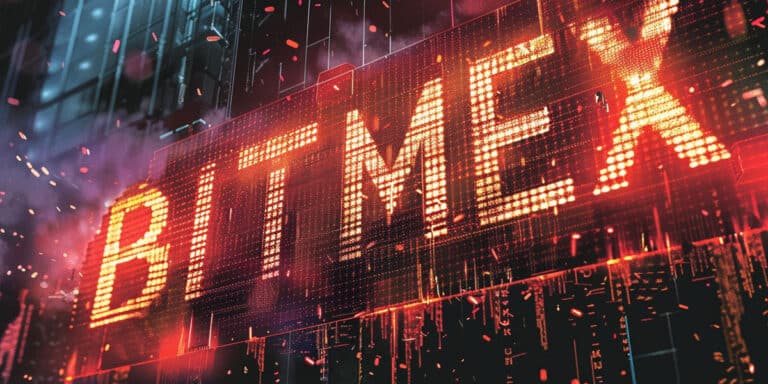New Energy Tariffs Put Bitcoin Miners In Paraguay on Red Alert
Local Crypto Group in Paraguay Protests New Electricity Rate Hike: Industry Warns of Job Losses and Investment Damage as Rates Surge 13-16%.
Key Takeaways:
- Local crypto group in Paraguay protest new electricity rate hike.
- Rate increase affects high-consumption users like crypto miners.
- New rates increase 13-16% across voltage categories.
- Warnings of job losses and investment damage.
Bitcoin Miners Condemn Unjust Rate
According to a report from local media Criptonoticias, the Paraguayan Chamber of Digital Asset Mining expressed concerns on June 28 about the increase in electricity rates, which was officially announced by the National Electricity Administration (ANDE).
The Bitcoin miners' association didn't mince words in their critique of the government's latest tariff policy. They argue that while the administration purports to foster economic stability and a business-friendly climate, its actions tell a different story. The group believes the sudden price increases put Bitcoin mining in the country at risk.
The Paraguayan Bitcoin Miners' Association emphasizes the sector's considerable economic contributions to the country.
Related: Bitcoin Mining Companies Diversify to AI Operations for Hefty Revenues
They argue that the abrupt increase in electricity rates fundamentally disrupts the investment landscape, undermining the conditions that initially attracted capital to the industry.
They warned that implementing this rate hike would lead to significant revenue losses for the nation.
The Chamber stated:
“Job loss, loss of confidence in the Government, having to yield to other countries at very low prices, the energy being sold to the sector at much higher prices, even up to 50% higher than other industries in Paraguay.”
On June 27, ANDE announced an electricity tariff update. This update affects the “special intensive consumption group.” This group includes data processors and information storage services such as Bitcoin mining firms and data centers.
The revision affects three consumer categories: Very High Voltage (220 kV), High Voltage (66 kV), and Medium Voltage (23 kV).
The government now requires these users to pay higher dollar prices. The monthly rates have risen approximately 13% from USD/KW 4.64 to USD/KW 5.27 and 16% from USD/KW 55.88 to USD/KW 65.04.
Notably, this recent increase marks a significant change, as it is the first update in nearly two years. Consequently, it affects the energy costs of over 50 digital asset companies, which has caused uncertainty.
Paraguay's Crypto Clash: Regulation vs. Revenue
There had been ongoing tension between Paraguayan Bitcoin miners and the government over mining regulations.
On April 4, 2024, Paraguayan lawmakers proposed a bill to ban crypto mining and related activities temporarily. They cited concerns that illegal mining operations were stealing power and disrupting the power grid.
The draft law prohibited the “installation of crypto mining farms” and the “creation, conservation, storage, and commercialization” of cryptocurrencies.
However, Jaran Mellerud, co-founder of Hashlabs Mining, believes the economy could lose over $200 million annually if the bill passed.
Mellerud stressed that Bitcoin mining made a vital contribution to Paraguay's economy, benefiting its small population and trade balance. However, he warned that this progress was now under threat from a potential ban.
Just last month, the Paraguayan government extended support to Bitcoin miners to boost economic growth by selling surplus hydro-energy to miners. This move was seen as a positive development for the industry and a sign of the anti-mining bill's likely demise.
The government's latest electricity tariff hike has confused Paraguayan Bitcoin miners, who struggle to comply with once favorable policies that are now difficult to follow.



